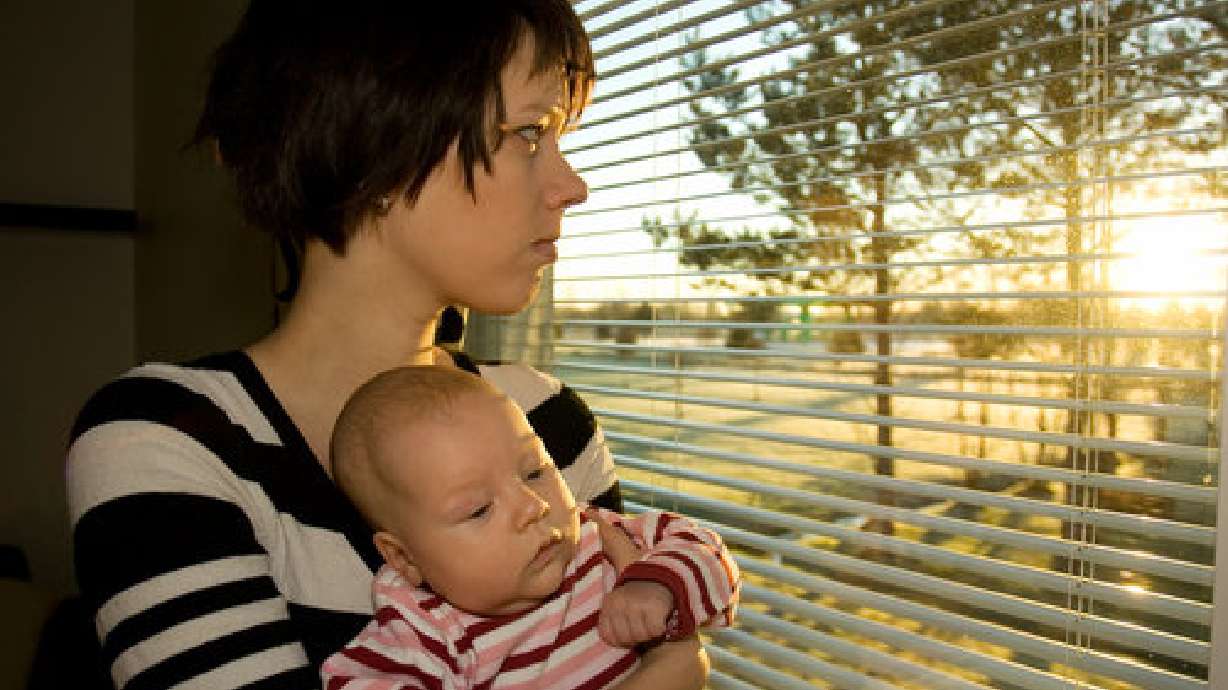Estimated read time: 2-3 minutes
This archived news story is available only for your personal, non-commercial use. Information in the story may be outdated or superseded by additional information. Reading or replaying the story in its archived form does not constitute a republication of the story.
SALT LAKE CITY — A new campaign was launched recently in Utah to provide support for women who may be suffering from postpartum depression.
The Hey Mom! campaign was launched by The Healing Group to raise awareness for postpartum depression — PPD — and to offer support to new moms. The group hopes to reduce the stigma commonly associated with the disorder, which affects up to 60 percent of new Utah moms.
"Our goal with Hey Mom! is for women to realize that we're all in this together," said Kristin Hodson, founder of The Healing Group. "For far too long, women have suffered in silence, not recognizing that they are afflicted by postpartum depression and anxiety and that help is available."
The website features information and resources related to PPD, as well as blogs and wellness tips.
Up to 80 percent of new moms experience tearfulness, irritability and fatigue — usually described as the baby blues — for 2–3 weeks after the birth of a child. Postpartum depression, though, lasts longer, for as long as a year after a child is born. And its effects can be more concerning: mothers who leave the disorder untreated may be unable to properly care for their baby and may ultimately see their relationship with their infant affected.
- Sadness
- Fatigue
- Changes in sleeping and eating patterns
- Reduced libido
- Crying episodes
- Anxiety
- Irritability.
Some children of women with the disorder have been shown to have delays in language development, behavior problems and increased crying, as well as problems with mother-child bonding, according to the Department of Health and Human Services.
Women experiencing postpartum depression may see symptoms of other disorders, as well, including obsessive-compulsive tendencies and extreme anxiety. Women experiencing symptoms of PPD should seek help from a medical professional, experts say. The disorder is often treated with talk therapy with either a therapist, psychologist or social worker.
"Through this type of support, women are encouraged to make time for more self-care, including proper rest, good nutrition, assistance with baby and other children and caring for personal needs such as exercise, relaxation or time with (their) partner or spouse," Hodson said, adding that women with more severe cases of PPD may opt to take antidepressant medication. She said it is important to remember that even the most severe cases of PPD are "temporary and treatable."
For more information on the Hey Mom! campaign, visit website or call 801-461-9060.








